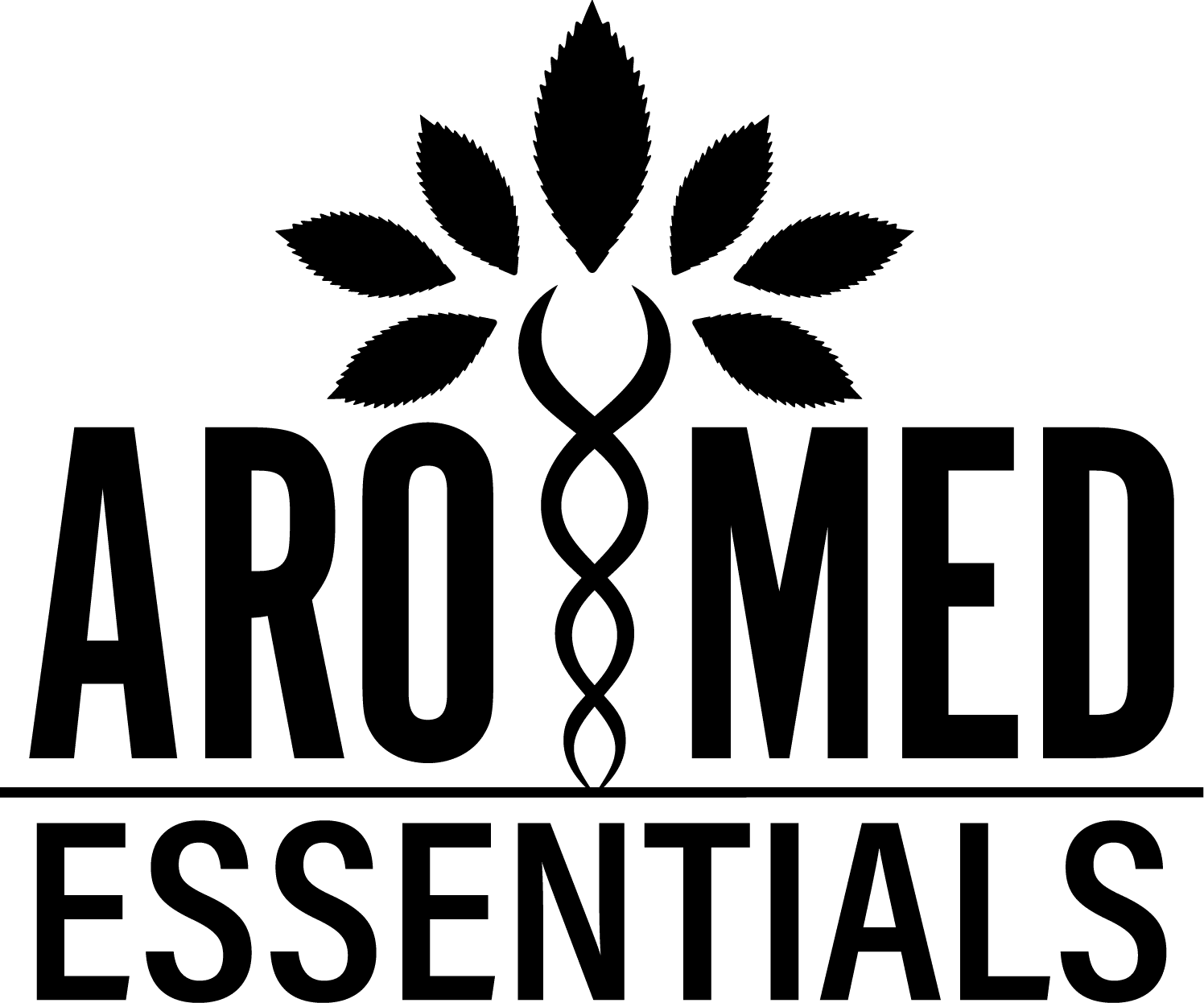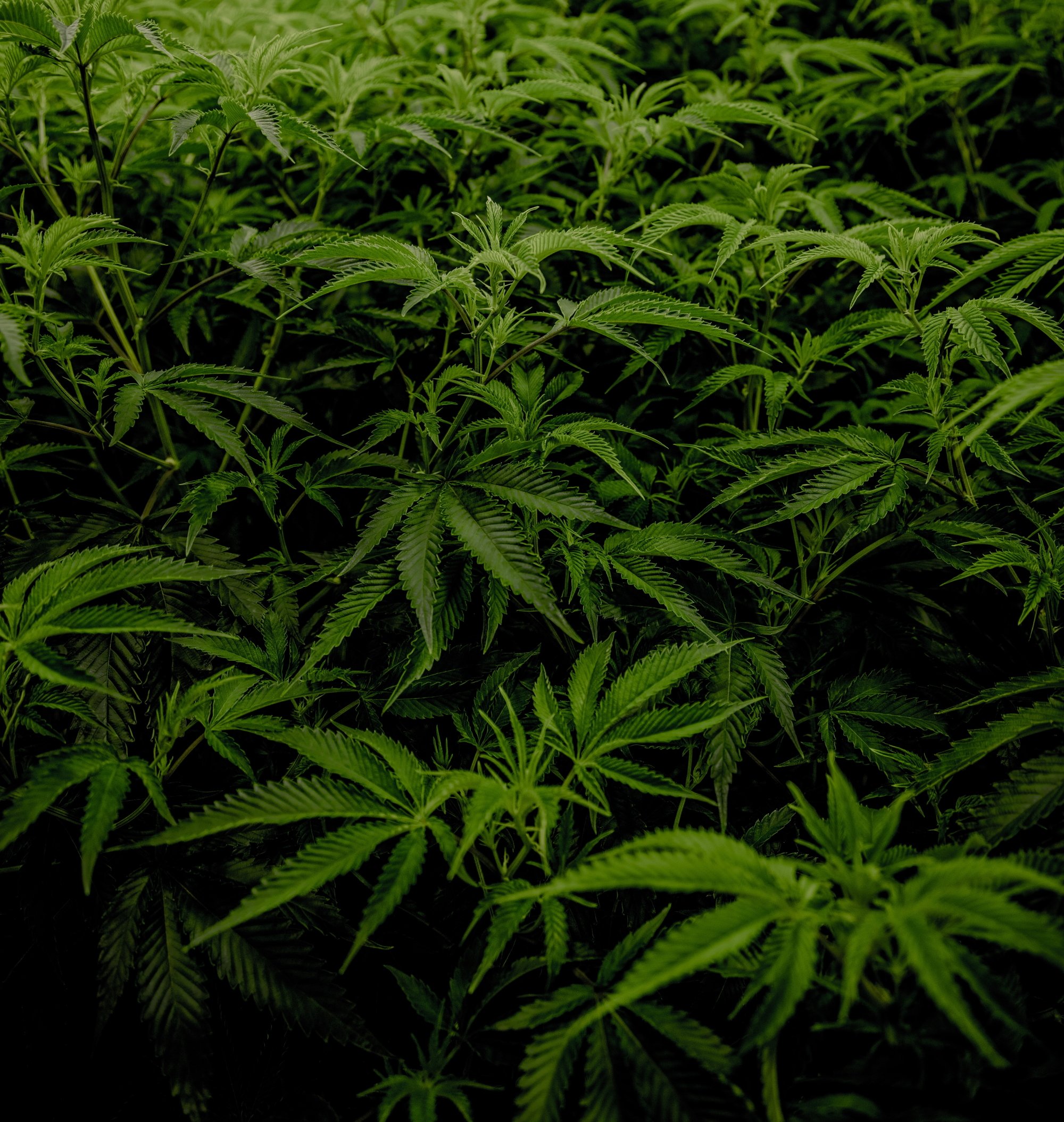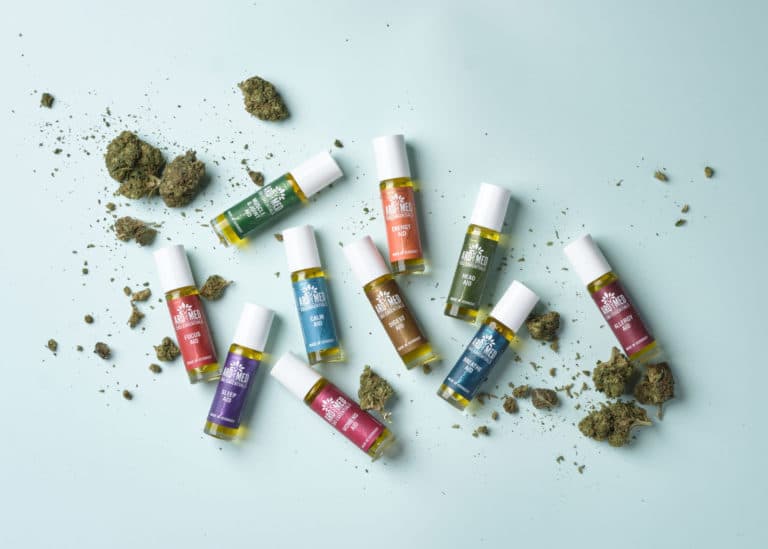While most people recognize CBD, CBDa is a relatively less-familiar cannabinoid. Just the same, this particular cannabinoid, which happens to be a precursor to CBD, is gaining a lot of attention in medical communities for its potential as a therapeutic agent. So, what is CBDa, how does it differ from CBD, and should you try CBDa products? Below is a comprehensive guide that covers all of this and more.
What is CBDa?
CBDa is a cannabinoid derived from plants in the Cannabis Sativa family, which includes all varieties of hemp. CBDa stands for cannabidiolic acid, which is the acidic form of cannabidiol. When CBDa is heated or exposed to sunlight as the plant matures, the acidic molecule breaks away, which leaves behind CBD.
CBDa has gained some attention for its therapeutic qualities. Primarily, this cannabinoid has been recognized because it has exceptional bioavailability compared to CBD, potentially making it a better agent for anxiety. It may even be effective at lower doses for various ailments.
CBDa vs CBD – What’s the Difference?
CBDa and CBD are essentially two versions of the same cannabinoid—one in its acid form and the other decarboxylated (the absence of carboxl from the molecule). Both cannabinoids are found in hemp, neither has intoxicating properties, and both have therapeutic potential because they influence the endocannabinoid system (ECS) in the human body. As a matter of fact, CBD and CBDA both seem to target inflammation, albeit via different mechanisms of action. Below is a look at some of the ways that CBDa and CBD truly differ.
CBDa Bioavailability
CBDa bioavailability is better than CBD. Bioavailability is a medical term that refers to how much of an agent is actually utilized by the body after it is introduced to the system. Some studies suggest that CBDa is between 5 and 11 times more bioavailable than CBD.
CBDa Potency
In animal models, CBDa has been shown to be more potent and effective for specific conditions, such as leveling stress and anxiety, deterring nausea, and even relief when it comes to pain. This suggests that CBDa may have more potent activity in the ECS, potentially due to the added bioavailability of the cannabinoid. However, human studies have not yet confirmed these findings.
CBDa is not a THC Antagonist
CBD, while formerly believed to not act on cannabinoid receptors in the ECS directly, was found to bind to the same receptors that tetrahydrocannabinol (THC) bind to. This action means that CBD can interfere with the intoxicating effects of THC. However, CBDa has not been shown to deter the intoxicating effects of THC.
Potential Benefits of CBDa
CBDa has been largely overlooked for quite a few years as a potential therapeutic agent. Therefore, much of the preliminary information that is available involves animal studies and a question as to whether or not the effects of CBDa will be the same in humans. Nevertheless, CBDa has shown promise therapeutically in a few key areas.
CBDa for Anxiety
In animal studies, CBDa was shown to reduce anxiety and expressions of anxiety-like behavior, while CBD interfered with portraying symptoms of fear expression. This suggests that the two cannabinoids, when taken together, may be most effective for targeting some of the telltale symptoms of anxiety. Therefore, it is easy to speculate that full-spectrum CBDa oil or CBD oil tincture that contains both cannabinoids may be preferable for supporting people in stressful situations.
CBDa and COVID-19
Perhaps one of the most surprising revelations to come about with CBDa in the last few years has been that it may be valuable for targeting COVID-19. In a 2022 study published by the Journal of Natural Products, researchers examined whether CBDa and CBGa (cannabigerolic acid) could prevent the virus from breaking into human cells in a Petri dish.
CBD had formerly been shown to prevent the replication of specific proteins that made it possible for the virus to spread, as well as potentially targeting respiratory inflammation to keep the viral load at bay. However, CBDa seemed to bind to the proteins of coronavirus, which impeded the virus’s ability to transition into cells.
Read Next: Does CBD Help Cold Symptoms?
Where to Buy CBDa
While there is a lot that we don’t yet know about CBDa, the early findings about this cannabinoid have shown that the different mechanisms of action may be just as valuable as CBD. If you are looking to try CBDa for yourself, be sure to trust a reputable company that provides a Certificate of Analysis (COA) portraying the cannabinoid profile.
For example, at AroMed Essentials, our CO2-extracted CBD oil is tested by a third-party lab to give you a look at the full potency, purity, and cannabinoid profile of our CBD products. Be sure to take a look at our collection of CBD tinctures, gummies, and more.
Copyright © 2024 AroMed Essentials |
Site by CannaPlanners




